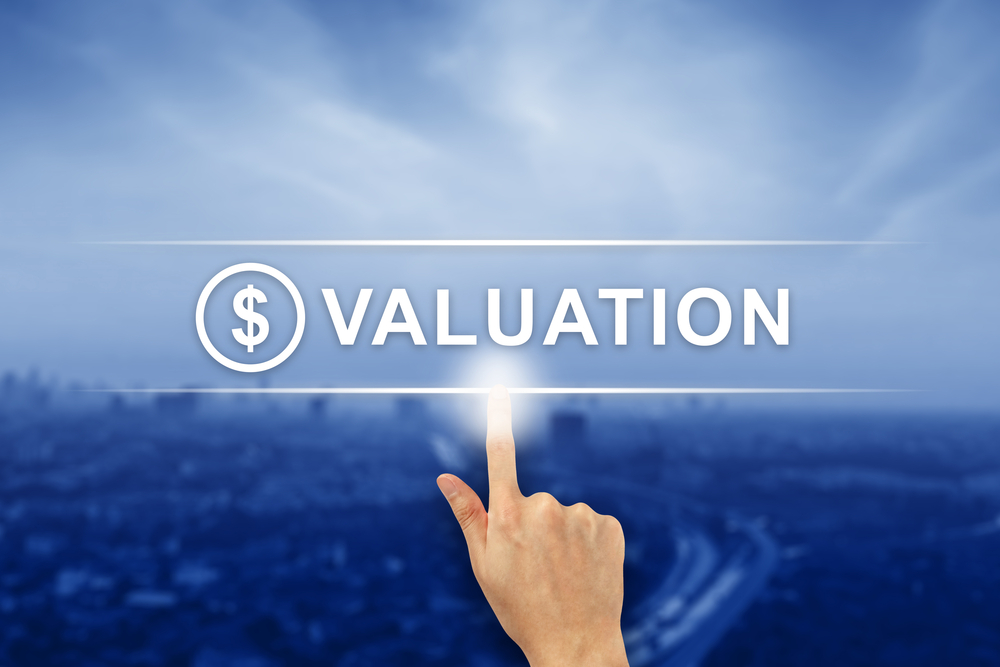
The significant and unexpected impacts of the coronavirus pandemic have led to many business owners thinking about how this will influence their current prospects of the remainder of 2020. A large group of them are looking ahead to 2021 if they had it on their radar to sell their company. If you were one of the many operators who had an original plan to sell your company in 2020, all hope is not lost.
The brokers at Website Closers have continued to be active in the process of selling companies and assisting owners of current companies with identifying the buyers they need. However, many people are looking forward to 2021 as the ideal time to sell their business. This means you can still use the remainder of 2020 to take steps that will protect your business and make it more valuable than it was earlier this year. This gives you an effective runway to plan off the rest of your 2020 so that your business is capable of rebounding in 2021 with a solid business valuation.
Proper positioning is essential to be able to get more money for your business in 2021 than you could have at the beginning of 2020. There are a couple of things to keep in the back of your mind as you plan to create your positioning strategy. First of all, the old school approach just won’t work any well. The second step is to realize that many elite buyers could be from outside the industry and are key players who are looking for an opportunity to leverage their success in a new and exciting industry. This means you need to partner with business brokers who not only know the lay of the land but are capable of building their network beyond the same old same old.
Knowledgeable business brokers will have an extensive network of people who could be in the right marketplace to purchase a business and will also think outside of the box when it is best for you. Finally, you need a strategic plan for positioning your company. It will require some effort on your part to sell your company for a high valuation. You will need to be prepared to show up as appealing to those elite buyers that your business broker is working to attract.
This is a good opportunity to take a step back and decide the different steps that you can take with regard to marketing, operations and systems to be successful and show buyers in 2021 that you not only survived the coronavirus pandemic but were capable of putting into place the necessary plans to protect your legacy for many years to come. Being able to work through this process will make it even easier for you to find the right buyers next year.